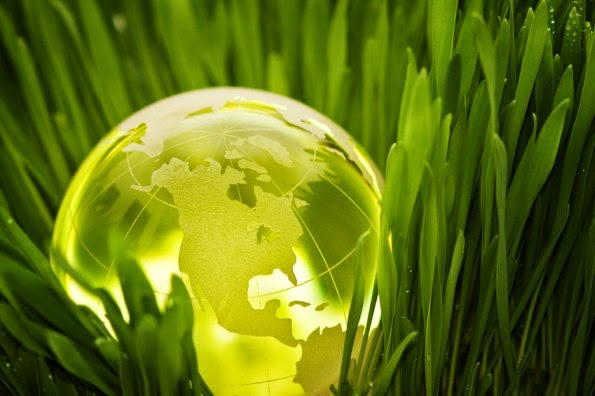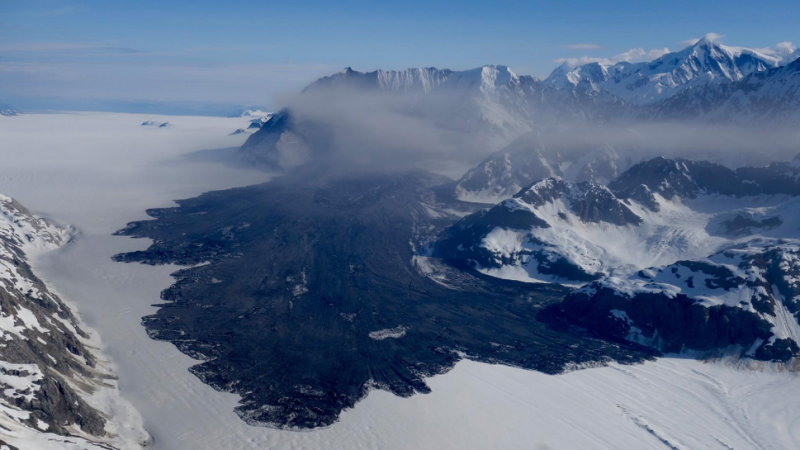
Carbon dioxide just hit its annual minimum and failed to dip below 400 ppm.

What if I told you the world could take one action this year that would shave off a half a degree Celsius of warming from our overheating planet? Leaders have a chance when they meet in Rwanda next month to secure a phase-down of hydrofluorocarbons (HFCs).

Humanity is about to deepen its understanding of Earth's winds. The European Space Agency has secured a rocket launch deal for its wind-tracking Aeolus satellite, which is now expected to enter orbit before the end of 2017.

Al Gore believes we are in a turning point in the fight against climate change. It will be bigger than the industrial and information revolutions combined.

In what's being seen as a huge step forward in the effort to curb climate-warming emissions, the United States and China have ratified the Paris global climate agreement. Other countries are now expected to follow suit.

High above Earth's tropics, a pattern of winds changed recently in a way that scientists had never seen in more than 60 years of consistent measurements.

Another day, another dire warning about the global climate emergency. NASA's top climate scientist announced Tuesday that the Earth is warming at a pace not seen in at least the past 1,000 years.

New law requires the US economic powerhouse to cut its emissions by 40% below 1990 levels by 2030

Scientists believe they've found a way to convert all these emissions into energy-rich fuel in a carbon-neutral cycle that uses a very abundant natural resource: silicon.

Something strange is happening to one of the coldest places on Earth. Dazzling blue lakes are blooming like summer wildflowers atop the East Antarctic ice sheet's Langhovde Glacier. And that's got scientists worried - because they've seen these lakes before.

Researchers at MIT have just completed the most comprehensive study yet and have reached a clear conclusion: electric vehicles can meet drivers' needs enough to replace 90 percent of vehicles now on the road.
Cameron’s short documentary presents visuals of climate-related devastation along with voices calling attention to the issue. The video also takes aim at Donald Trump showing some of his more outrageous remarks on the topic.

The EPA has declared jet engine exhaust a contributor to climate change that endangers public health, the first step toward regulating jet emissions.
Two key climate change indicators have broken numerous records through the first half of 2016, according to NASA analyses of ground-based observations and satellite data.

An extraordinarily large landslide has been discovered near Glacier Bay in southeast Alaska. Aerial photos show a snow-capped mountain with a huge chunk taken out of it and a debris field that extends for nearly seven miles.